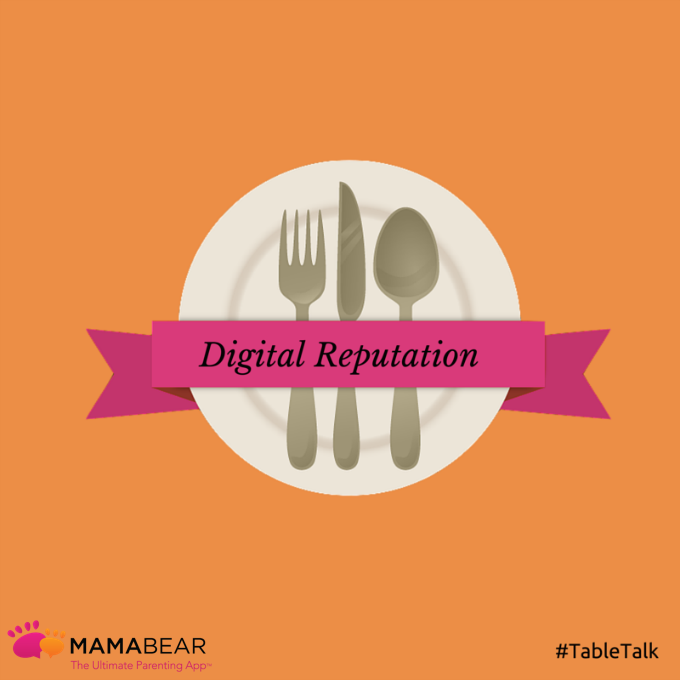Many parents would probably say they don’t have anything to worry about when it comes to their teen and sexting, the exchange of sexually explicit messages and photos via SMS, or texting.
But most of those parents would be wrong.
According to a report by Drexel University, more than 50% of surveyed students said that they sexted as minors.
Parents can no longer look the other way when it comes to sexting. They need to accept the growing rise in sexting and have conversations with their teens (and preteens) about the potential consequences of sexting.
Sexting Can Be Considered Child Pornography
Child pornography is a term that will likely scare and repulse most teens. But those same teens probably have no idea that sexting, as in receiving and sharing illicit images of minors, can be legally categorized as child pornography.
The Drexel study showed that many teens are unaware of this association and found that 61% of respondents didn’t know that sexting was considered child pornography.
But sexting is connected to child pornography and can lead to legal repercussions as twelve teens in Chicago found out. A group of male students aged 15 and 16 were taken into custody after it was learned that they were distributing nude images of others under the age of 18.
Related Post: Taking Responsibility for Kids and Sexting
Relationships May End, But Images Will Remain
It isn’t uncommon for teenagers in relationships to believe that their relationship will last forever and fail to think the possibility of it ever ending. So, when they are about to send an explicit message or photo to their boyfriend or girlfriend, they rarely think about what will happen to that message if they break up.
Parents need to have conversations with their teens about the reality of their relationships and remind them to think about what will happen if the relationships ends.
Would they want their ex to have their hands on the photos after the relationship? What could happen if the relationship ended poorly? Would their ex use that photo against them?
Teens need to be reminded that if they share sexual photos with their boyfriend or girlfriend, that photo will remain even if the relationship ends.
People Can Share and Steal Private Images
When teens send a text, social media post, or sext, they often aren’t thinking about the long-term life of their message.
They send a message to a specific person and believe that is their only audience. They usually don’t think about the possibility of the message being shared or stolen without their knowledge.
But any piece of digital material has the potential of being shared without consent.
Teens may think that they are safe using platforms like Snapchat, where images are deleted after an allotted amount of time.
But even these sites and platforms are not safe. Last year, MamaBear covered a situation where 13GB of photos and videos on SnapChat were stolen by hackers.
Images that teens thought were private were stolen and shared without the creator’s’ knowledge.
Related: Snappening: What Snapchat’s Third Party Hack Means for Our Kids
The Cost of a Damaged Reputation
Whether images from sexting are stolen, intentionally misused, or just remain on a social media site on the Internet, the ultimate danger is a permanent consequence linked to a damaged reputation.
When a college entrance committee, a prospective employer, or anyone else that may be in a position to make a decision affecting your child’s future can find messages and photos as they search your child’s name across the web they are more and more likely to say “no,” often before even considering the actual school or job application. Many colleges are now running software to scan the Internet for content linked to potential new students. Imagine 4 years of hard work in high school to achieve grades and test scores high enough to apply to the best schools, only to be denied because of a few stray sexting messages.
Related: How To Talk to Your Kids About Their Digital Reputation
Parents can no longer avoid and ignore teen sexting.
They need to have conversations with their teens to help them clearly see the potential consequences that can come from sexting and sharing inappropriate and illicit messages. Parents can also get more involved with their child’s digital world by using MamaBear, The Ultimate Parenting App™. The free app, available for iPhones and Androids, sends parents notifications regarding their child’s social media activity and account, keeping them in the loop of their child’s social media habits and digital life.



